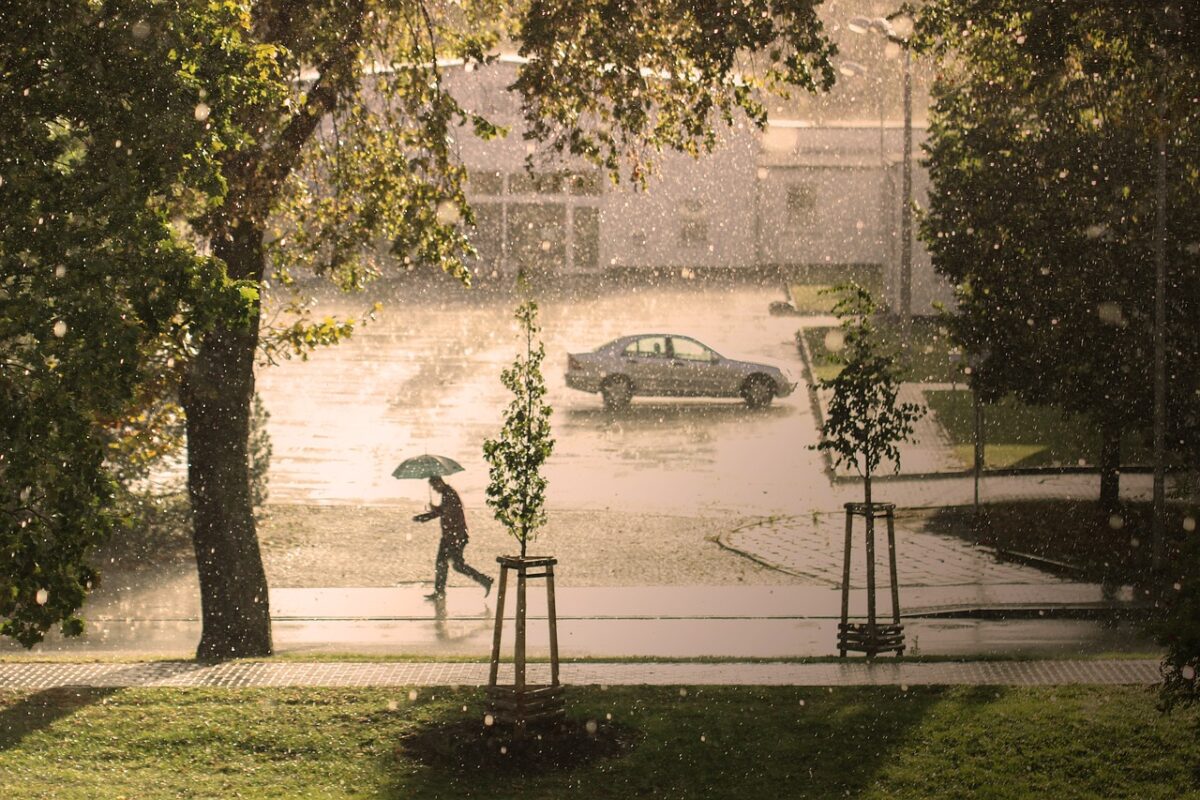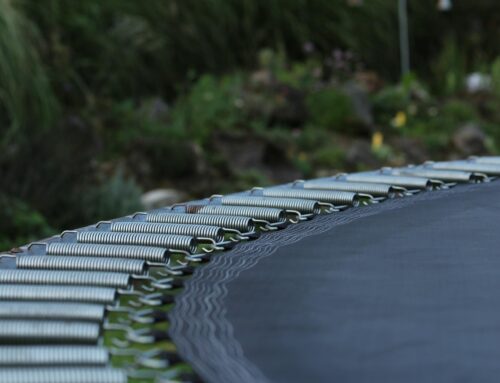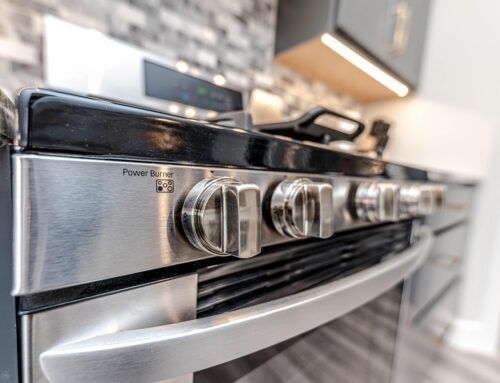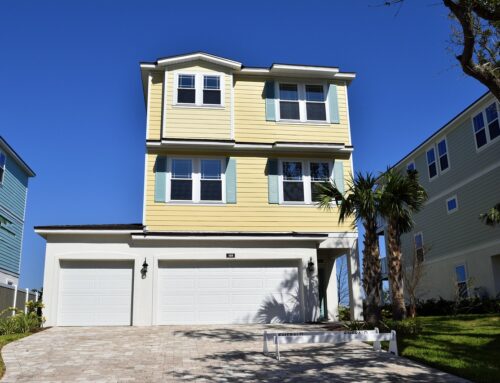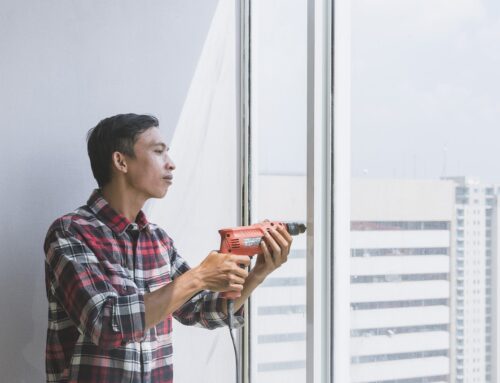While Florida is best known for its tropical and subtropical climate, which is typically warm and humid, it is not immune to the occasional cold front, particularly in the winter months. As of this writing, Florida is experiencing uncharacteristic cold snaps across the state – and in northern regions, snow and ice. With the state’s increasingly unpredictable weather patterns, these rare but impactful temperature drops can lead to unexpected challenges and insurance concerns for homeowners.
This article will explore some of the concerns you should know about.
- Frozen Pipes and Water Damage: In Florida, freezing temperatures are not common, but they do happen from time to time. When temperatures fall below 32°F (0°C), water pipes, particularly those in uninsulated areas or homes without proper winterization, can freeze. Frozen pipes are a significant concern because when the ice inside them expands, it can cause the pipes to crack or burst. This can lead to substantial water damage inside the home, which might not only affect walls and floors but can also ruin furniture, appliances, and personal belongings. Homeowners should know how their insurance policies cover water damage from frozen pipes. Standard homeowners insurance policies typically cover water damage caused by burst pipes, but there can be exceptions. Some policies may have exclusions or require the homeowner to take certain precautions, such as keeping the home heated to a certain temperature during cold snaps to ensure coverage.
- Wind and Storm Damage During Cold Fronts: Cold fronts can bring strong winds and storms, and Florida’s coastal areas are particularly vulnerable to wind damage. Wind gusts from winter storms can damage roofs, windows, and siding. In some cases, wind-driven rain can lead to water infiltration in a home. Floridians concerned about wind damage may need to review their home insurance policies to ensure that windstorm coverage is adequate. Many policies in Florida exclude or limit coverage for wind damage, especially for homes near the coast. Homeowners may need a separate windstorm policy or an endorsement to cover these risks.
- Impact of Lower Temperatures on HVAC Systems: Another concern for Floridians during cold snaps is the effect it can have on heating and air conditioning systems. While most Florida homes rely heavily on air conditioning, many are not designed to function optimally with heating systems. A sudden cold snap can strain older or improperly maintained HVAC units, leading to breakdowns or failures. In some cases, homeowners may need costly repairs or even a full replacement of their heating systems, which could result in an insurance claim. It’s important for homeowners to check that their homeowner’s insurance policy covers damage to HVAC systems. For example, damage due to a power surge or faulty heating elements might be covered under certain policies, but if the HVAC system is simply aging or not properly maintained, coverage may not be as straightforward.
- Roofing and Construction Concerns During Winter: Cold fronts in Florida can cause homeowners to notice the effects of wear and tear on their roofs, especially if they have not been regularly maintained. The temperature fluctuations between warm and cold can cause roofing materials to contract and expand, leading to cracking, curling, or loosening shingles. This can create openings for water infiltration during a winter storm. Homeowners should check their roofing system regularly, especially after a temperature drop, to avoid potential damage. Insurance policies may have specific clauses related to roof damage, and knowing whether there are exclusions for roofing issues due to age or wear and tear can help homeowners avoid surprises during the claims process.
- Increased Risk of Fire: Though cold weather in Florida is not as severe as in other parts of the country, it can still create a higher risk for fire hazards, particularly with the use of space heaters and fireplaces. Space heaters, if not used properly, can lead to electrical fires or cause combustible materials to catch fire. Additionally, fireplaces that haven’t been properly cleaned or maintained can also pose a fire risk. Homeowners should take steps to ensure they are prepared for winter heating and avoid unnecessary risks during cold snaps. Insurance policies typically cover fire damage, but homeowners should ensure they have proper fire protection measures in place to prevent damage in the first place.
While Florida’s warm climate generally leads homeowners to focus on concerns like hurricanes and flooding, a cold snap can bring its own set of insurance-related issues. By staying informed and prepared, Floridians can avoid unexpected costs and protect themselves when the temperature drops.
If you need advice regarding your Florida homeowner’s policy, call the experts at Anderson and Associates Insurance Group. We can help.


